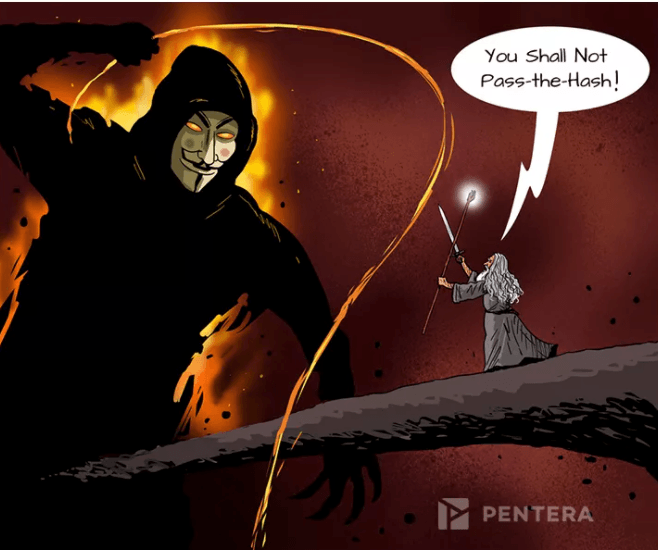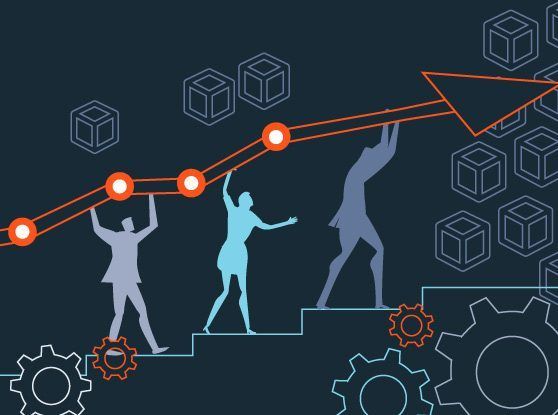We heard it first from our in-house cybersecurity expert, Managing Director, Steve Ward, that it’s never been more important to view cybersecurity through the eyes of a CISO. As the former CISO of Home Depot, his experience managing 70+ cybertechnologies has solidified this belief.
This month, Steve accompanied industry experts on stage at CyberTech NYC where he shared trends that he’s observed as an investor at Insight Partners, which has 30+ portfolio companies in the cybersecurity space.
The insights that were shared at the conference were echoed at two webinars that Insight Partners hosted this month to celebrate “National Cybersecurity Awareness Month,” Cybersecurity Awareness Month – Rising Above the Noise & Messaging for Success and Staying Ahead of the Curve in the Age of Cybersecurity. At these events, cybersecurity leaders from our portfolio discussed how COVID-19 has impacted the industry, fear tactics for marketing, and what lies in store with the future.
Our esteemed cybersecurity panelists included:
- Marc van Zadelhoff, CEO of Devo
- Nadir Izrael, Co-Founder & CTO of Armis Security
- Ami Luttwak, Co-Founder & CTO of Wiz
- Aviv Cohen, CMO of Pentera
- Darren Guccione, CEO of Keeper
These companies have successfully stood above the crowd to establish their position as market leaders. Read more below for excerpts and top takeaways from these cybersecurity experts.
What We're Hearing: Cybersecurity Trends
How COVID-19 impacted the shift to the cloud
Ami Luttwak, Wiz - It took us ten years to move to the cloud. While it’s been a huge advantage, it has brought a lot of risks because we were moving to the cloud quickly without regulations or guardrails. What we have seen with customers and companies is that they discover the cloud, but didn’t put the initial infrastructure in place, which heightens the security risk.
Marc van Zadelhoff, Devo - Cloud is table stakes. During COVID, customers that had analytics on premise in vaults at data centers that rarely were hacked had to accelerate and put data on the cloud. I’ve been in cyber for 24 years and the attack surface has never been larger and the hacker adversary has gotten better funded.
Nadir Izrael, Armis Security – COVID-19 put everything in hyperdrive and accelerated a natural shift by roughly five years. The benefit to having things in the cloud is that you can still have access. We have clients that have been hesitant from adding more data and it’s now hard to get servers and processers due to delays in the supply chain. There’s now a desire to put things closer to the edge and closer to consumers. To give an easy example - telemedicine. Why have all the machinery in a hospital, when you can be at home with devices that can report back to the doctors? It’s made everything more efficient, but then there is the added responsibility for someone outside my perimeter. The attack surface has never been this spread out and at the same time, everyone is outsourcing infrastructure to a point.
Is it a mistake to use fear and uncertainty as a marketing tool in cyberspace?
Darren Guccione, Keeper - When you look at any product or service, a lot of marketing is based on vanity or fear. With vanity, these are the products that make you better looking, healthier, increase quality, etc. When you focus on fear, uncertainty, and doubt, you’re tapping into anxiety. For cybersecurity companies, there are many factors that differentiate us, but a common thread is the daily anxieties of CISOs. If you look at a consumer with respect to security, they care about convenience first and security second. When you move upstream to mid-tier enterprise and public companies, that dichotomy shifts. They care first about security and then convenience. As a cybersecurity vendor, it’s extremely important to work on unifying those things. We work a lot on this by simplifying the product and making our messaging clear. When you market to different GTM segments, you can’t say the same thing to everyone because the segments buy for different reasons. We tailor our approach to each company.
Aviv Cohen, Pentera - Scare tactics don't always work, so I focus on respect as an operating system. We have a series of cartoons that we use to show our expertise, penetrate through the noise, and draw awareness.

Once we've gotten them into the fold, we switch to being more serious and technical to earn trust as a company.
What do you think the industry trends will be in 2022?
Nadir - One of the biggest trends is remoting. Remoting, not just remote work, but the idea that expecting everything to be available from my house without having to go anywhere to get it. These are fundamental changes that aren’t going back. The more remoting happens, the more cloud and digital transformation occurs, which means that we must deal with fragmented risk services.
Marc - Spanning my 20+ years of experience in cybersecurity, there are waves where the good guys are ahead and then waves where the hackers are ahead. We’re in a wave where hackers have a leg up, but I’m optimistic that the tech is getting deployed to let employees get on the front foot. The way to get there for attack surface, I’m going to plug Devo, Armis, and Wiz to help secure your everything. We’re all doing that. People deploying these capabilities which weren’t at scale to help the good guys get on the good size of the way.










